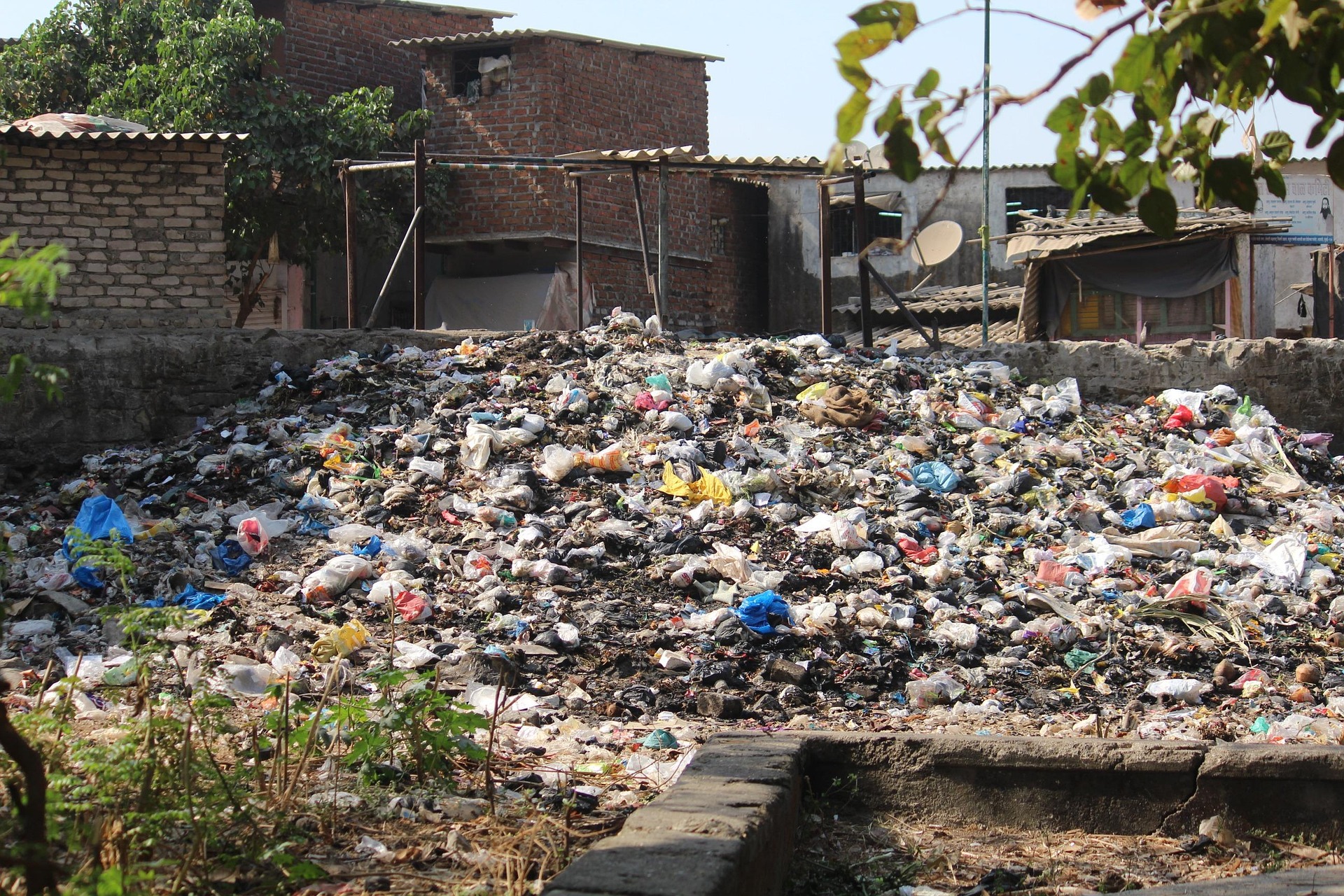Municipal solid waste management encompasses the systematic process of collecting, transporting, processing, recycling, and disposing of solid materials discarded by households, businesses, institutions, and communities.
It is imperative to develop sustainable methods for managing municipal solid waste to mitigate environmental degradation, protect public health, and conserve natural resources. The growing volume and complexity of waste streams, driven by population growth and changing consumption patterns, demand innovative, integrated, and adaptive approaches that go beyond traditional disposal methods.
Sustainable municipal solid waste management includes waste reduction at the source, reuse, and recycling before considering disposal. These steps align with the waste management hierarchy, which ranks source reduction and reuse as the most environmentally sound practices, followed by recycling and composting, energy recovery, and finally, treatment and disposal.
Effective waste management systems incorporate functional elements such as waste generation control, segregation and storage at the source, collection, processing, transportation, and environmentally sound disposal. Segregation at the source is particularly critical, as it facilitates the recovery of valuable materials and reduces contamination, thereby improving recycling efficiency and reducing landfill volumes.
While landfills remain a common disposal method, it presents significant environmental challenges, including land consumption, leachate generation that can contaminate soil and groundwater, and methane emissions, a potent greenhouse gas.
Incineration or waste-to-energy processes, although reducing waste volume, often release carbon dioxide, carbon monoxide, particulate matter, dioxins, and other pollutants that degrade air quality and contribute to climate change and respiratory illnesses. These emissions pose serious health risks and environmental concerns, particularly when combustion technologies lack adequate emission controls.
Therefore, it is equally important to develop, manufacture, and implement disruptive technologies and programs aimed at eliminating existing landfills and managing municipal solid waste without resorting to indiscriminate burning.
Such technologies must focus on waste treatment methods that minimize harmful emissions while recovering energy or materials.
Promising disposal alternatives include mechanical biological treatment, anaerobic digestion, gasification, and advanced recycling processes. These approaches convert waste into valuable byproducts such as biogas, compost, coke, and synthetic fuels, significantly reducing residual waste and environmental impact. Residual effluent in some cases may also be used within the Permaculture Centers.
Public education and community engagement play a vital role in promoting waste segregation, recycling, and responsible consumption patterns, which are foundational to the success of any waste management program. This process may be one of the initial steps in the provision of paid employment opportunities for those families and individuals being displaced by the elimination of the landfills.
Municipal solid waste management must evolve beyond conventional disposal methods to embrace sustainable, innovative, and adaptive solutions that eliminate reliance on landfills and avoid burning waste in ways that pollute the air with carbon dioxide, carbon monoxide, particulate matter, and other hazardous substances.
In the process of eliminating landfills through advanced municipal solid waste management strategies and the deployment of disruptive technologies, it is equally imperative to address the social dimensions of such interventions, particularly the displacement of indigent populations currently living in and around these waste sites.
These communities often subsist through informal economies based on scavenging, sorting, and reselling recyclable materials. Although the presence of these populations near landfills is a visible manifestation of extreme poverty and marginalization, any transition to more sustainable waste management practices must include targeted provisions that ensure these individuals are not further disenfranchised.
OPISAC recognizes the necessity of integrating sociological or social sustainability with environmental sustainability by ensuring that those displaced by the landfill elimination, are provided with meaningful alternatives that improve their quality of life and create new pathways for economic participation.
This is accomplished through a comprehensive strategy that includes housing, vocational training, formal education, paid employment, and opportunities for entrepreneurship. These provisions are made accessible through the OPISAC Rural Development Centers and supported through collaborations with local People’s Organizations, which serve as vehicles for community engagement, cultural and societal reintegration, and civic participation.
Housing initiatives are structured to provide safe, sanitary, and dignified living conditions for individuals and families transitioning from landfill settlements. These residences are developed near or within reach of OPISAC Rural Development Centers to ensure proximity to essential services, employment opportunities, and community infrastructure.
This relocation process is not imposed unilaterally but is carried out in consultation with affected communities and those being displaced, to preserve social cohesion and respect cultural practices.
Vocational training and education programs serve as foundational components of the reintegration process. These programs are designed to build market-relevant skills in sectors such as environmental services, construction, sustainable agricultural, municipal solid waste management, water management, reforestation, and renewable energy technologies.
Education is extended not only to children and adolescents but also to adults who have had limited or no formal schooling. Literacy, numeracy, and technical instruction programs are offered alongside mentorship and life skills programs to support personal development and long-term employability and societal reintegration.
Paid employment opportunities are made available directly through OPISAC owned commercial operations and partner organizations, including roles in facility maintenance, materials recovery, technology operations, and administrative support.
Recipients of assistance are not treated merely as beneficiaries but as stakeholders in the transition to systemically sustainable human growth and development and local community resilience. Employment is structured with fair wages, safe working conditions, and opportunities for advancement.
Through this integrated and adaptive approach, the municipal solid waste management program ensures that the environmental goal of eliminating landfills does not come at the expense of human dignity or social stability. Instead, the transition becomes an opportunity to lift people out of poverty, equip them with tools for self-reliance, and restore their full participation in the life and development of their communities.

